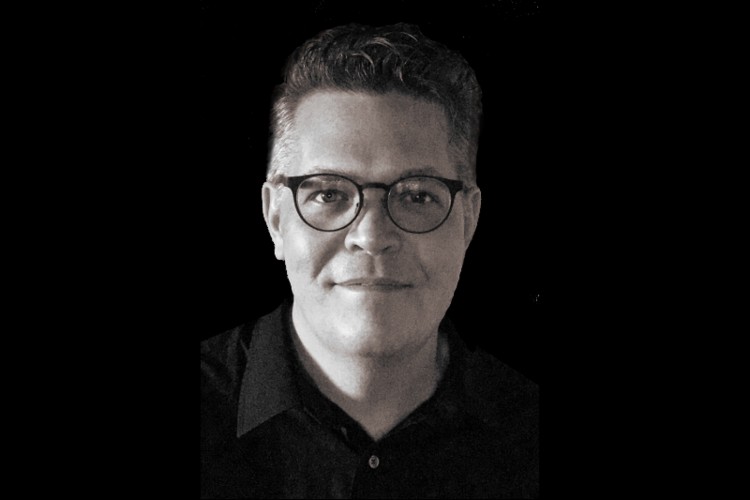

Today we’d like to introduce you to Harold LaRue.
Hi Harold, we’d love for you to start by introducing yourself.
Thanks for the opportunity to share my story. I am a Mastering Engineer, based in Houston, Texas. I am hired by musical artists, producers, and record labels, anywhere in the world, to add any necessary polish to their records and prepare them for commercial release.
I started playing drums in junior high and soon joined the marching and concert bands. I taught myself the drum set by watching others and playing along to the radio. Later, while playing in local bands, I became interested in live sound and bought a 4-track cassette recorder to begin learning on. This blossomed quickly into a small production studio in my apartment, where I’d record all comers, from bluegrass to metal, including rap, techno, punk, and radio commercials. I continued recording and playing in bands while in college, keeping one foot in it during a twenty-year IT career. I switched gears in the early 2000s, learning to repair professional audio electronics and becoming a theatrical sound engineer.
I met and married Elizabeth Lessner, a well-known restaurateur in Ohio, and went all-in, helping build her rapidly growing restaurant group. After a few years, six more restaurants, and a recycling company later, I got the itch to get back into music production. I took an opportunity to spend a week in Los Angeles with producer/engineer Ronan Chris Murphy (King Crimson, GWAR, Tony Levin). Ronan invites a few people to his studio for what he calls ‘Recording Boot Camp.’ It was an amazing experience that both, validated what I’d learned on my own and took it to a much higher level. I came away with the confidence and newly sharpened skills to get professional-sounding results.
My wife transitioned to large-scale food service operations and began leaping up the corporate ladder. This required us to move around the country for a few years. Relocating makes it very difficult to produce and record bands since it takes time to get connected to a music scene, build interest, trust, and a client base. Modern mastering is often described as the last step in the creative process and the first step in the manufacturing process of a record. It can generally be done anywhere in the world that has a solid Internet connection. Years earlier, a frantic friend approached me to re-master an album. His record label needed it yesterday but had rejected it, citing sound quality issues. I happily obliged, and the record was released to critical acclaim, but I didn’t really catch the mastering bug. With our transient lifestyle, mastering was the perfect fit, and I found that I really enjoyed the ‘big picture’ approach to record-making that it requires.
Would you say it’s been a smooth road, and if not, what are some of the biggest challenges you’ve faced along the way?
It was physically, emotionally, and financially draining to relocate every year or two. Some cities have a reputation for being hard to get established in, either called an “Old Boys Network” or the “Seattle Freeze”. Being a member of professional organizations really helped. It’s one of the best ways to introduce yourself to a community, demonstrate that you’re serious about your craft, and connect with those working at the highest levels.
I’m a proud member of several industry organizations, which continue to be great sources of knowledge, inspiration, and opportunity:
* The Recording Academy – Producers and Engineers Wing (Grammys)
* International Alliance of Theatrical Stage Employees (IATSE)
* Audio Engineering Society (AES)
* National Association of Music Merchandisers (NAMM)
We’ve been impressed with Harold LaRue Mastering, but for folks who might not be as familiar, what can you share with them about what you do and what sets you apart from others?
I’m generally given a collection of songs, which may have been recorded and mixed weeks, months, or years apart from each other, sometimes created by different groups of musicians, engineers, and producers in studios anywhere the world. These songs may have very different musical styles, production quality, and loudness levels. My job, as a mastering engineer, is to find a common thread. The listener should be able to play the album or soundtrack, either in order or in ‘shuffle’ mode, and have the sense that the songs sit well together while maximizing their individual energy, emotion, and impact. This includes determining the amount of silence, if any, between songs and the types of fade ins and outs used, which can have a huge impact.
Songs to be released as singles get the ‘star’ treatment. Not that more work or care is put into them, but the goal is to bring out the best qualities of the individual song. This is why the ‘single’ version of a song may have a slightly different tone and volume level than the very same song on an album, soundtrack, music video, or video game. Singles will often have ‘alternate’ versions, such as instrumentals, a cappella, censored ‘clean’ mixes for radio and television, and more.
I must also consider the various formats that the project will be released on, including streaming, digital download, CD, vinyl, high definition (HD) audio, such as Apple Digital Masters (ADM), and immersive formats, like Dolby Atmos and Sony’s 360 Reality Audio. Many formats and media have special requirements that must be met for approval. If rejected, a project could face expensive delays, missed release dates, wasted marketing efforts, and re-manufacturing costs, especially for vinyl releases, which currently have wait times of many months.
A dedicated mastering studio differs from a typical production studio environment in that there’s no need for a big mixing board, guitars, amplifiers, drums, keyboards, vocal booths, or even microphones. When a project lands on our desks, it has already been recorded, edited, mixed, and approved. One of the signature traits of a mastering studio is the acoustic accuracy of the room and loudspeakers, which work together to reveal any flaws or deficiencies in a recording. Most home theater, hi-fi, and car audio systems are designed to make everything sound good, which isn’t helpful since I can’t fix a problem that I can’t hear. While acoustic accuracy is important, it is second only to the experience and taste of the engineer and how well they know their room and tools.
While some of the gear that we use may look like those found in a typical recording studio, often manufactured by the same companies, mastering engineers are generally making much smaller and precise adjustments to the sound than those who are recording and mixing songs. For example, if a mixing engineer wants to raise the level of the lead vocal, she could simply select the lead vocal track and bump the level up a bit…no problem. When I receive a project for mastering, it has already been mixed and is generally just a stereo file. The mix engineer’s choices are already ‘baked’ into that cake, and I no longer have discrete control over individual mix elements, like bass drum, guitars, vocals, or effects. Many instruments share some of the same sonic space, like a Venn diagram, so if I need to raise the lead vocal a bit in mastering, I have to consider all of the other instruments and mix elements that will be boosted along with it: guitars, background vocals, snare drum, strings, and effects, like reverb and delays/echoes. For this reason, I have to be much more careful about where and how I make adjustments. “A rising tide lifts all boats.” A small move can make a huge difference, for better or worse, so our tools are often designed or modified for smaller, more precise adjustments and repeatability.
I am grateful and privileged to work with amazing talents and music legends, like jazz giant Wayne Shorter (Miles Davis, Weather Report, Wayne Shorter Quartet), who we recently lost. An ambassador of peace and freedom through musical expression, his passing is a huge blow to the music community and the world. Wayne and pianist Leo Genovese won a Grammy this year for ‘Best Improvised Jazz Solo’ from the recent ‘Live at the Detroit Jazz Festival’ album on Candid Records, which I mastered. The double album, which was also nominated for ‘Best Jazz Instrumental Album’, was produced by NEA Jazz Master and four-time GRAMMY award-winning drummer Terri Lyne Carrington, who also plays on the record, and features the incomparable Esperanza Spalding.
Other recent projects include work with composer and modular synthesizer master Lisa Bella Donna (Moog Music), Indonesian piano prodigy Joey Alexander (Mack Avenue Records), R&B icon Jeffrey Osborne (L.T.D.), Tower of Power (Mack Avenue Records), Kayley Hill (The Voice), award-winning, bluegrass band, Southern Raised, and blues guitar legend, Mark May (Dickey Betts, Gulf Coast Records).
Is there a quality that you most attribute to your success?
It’s important to remember that this is, first and foremost, a service industry. While I may play some part in a song or album’s production, I am here to serve the client, leaving my ego at the door. Traditional marketing isn’t very effective for the production side of the music industry; it’s primarily based on referrals, word-of-mouth, and credits. Someone can have the most amazing studio, ears, website, and social media presence, but without great communication and interpersonal skills, it will be difficult for them to build a roster of repeat clients needed to sustain and grow their business.
Responsiveness is also hugely important. Some projects have very short deadlines, often same-day turnarounds. Clients love that I pick up the phone when they call and quickly reply to emails, texts, and voicemails. Changes may be requested, for any number of reasons, right up until the minute that a project is scheduled for release or manufacturing. I must be available and able to pivot with them.
Many clients ask me to listen to their mixes for any issues that can be tweaked on their end, before submitting the final prints for mastering. Identifying and fixing problems in the mixing stage is often far easier and more effective than during mastering. My experience teaching recording and music production at universities and recording schools across the country allows me to provide constructive advice and specific solutions. This is a service that I offer to all of my clients at no charge. We’re all working toward the same goal of making each project sound the best that it can.
Contact Info:
- Website: https://haroldlaruemastering.com
- Instagram: https://www.instagram.com/haroldlaruemastering/
- Facebook: http://facebook.com/haroldlaruemastering
- Linkedin: https://www.linkedin.com/in/haroldlarue/
- Twitter: https://twitter.com/HaroldLaRue
- Other: https://candidrecords.com/products/copy-of-mirror-mirror
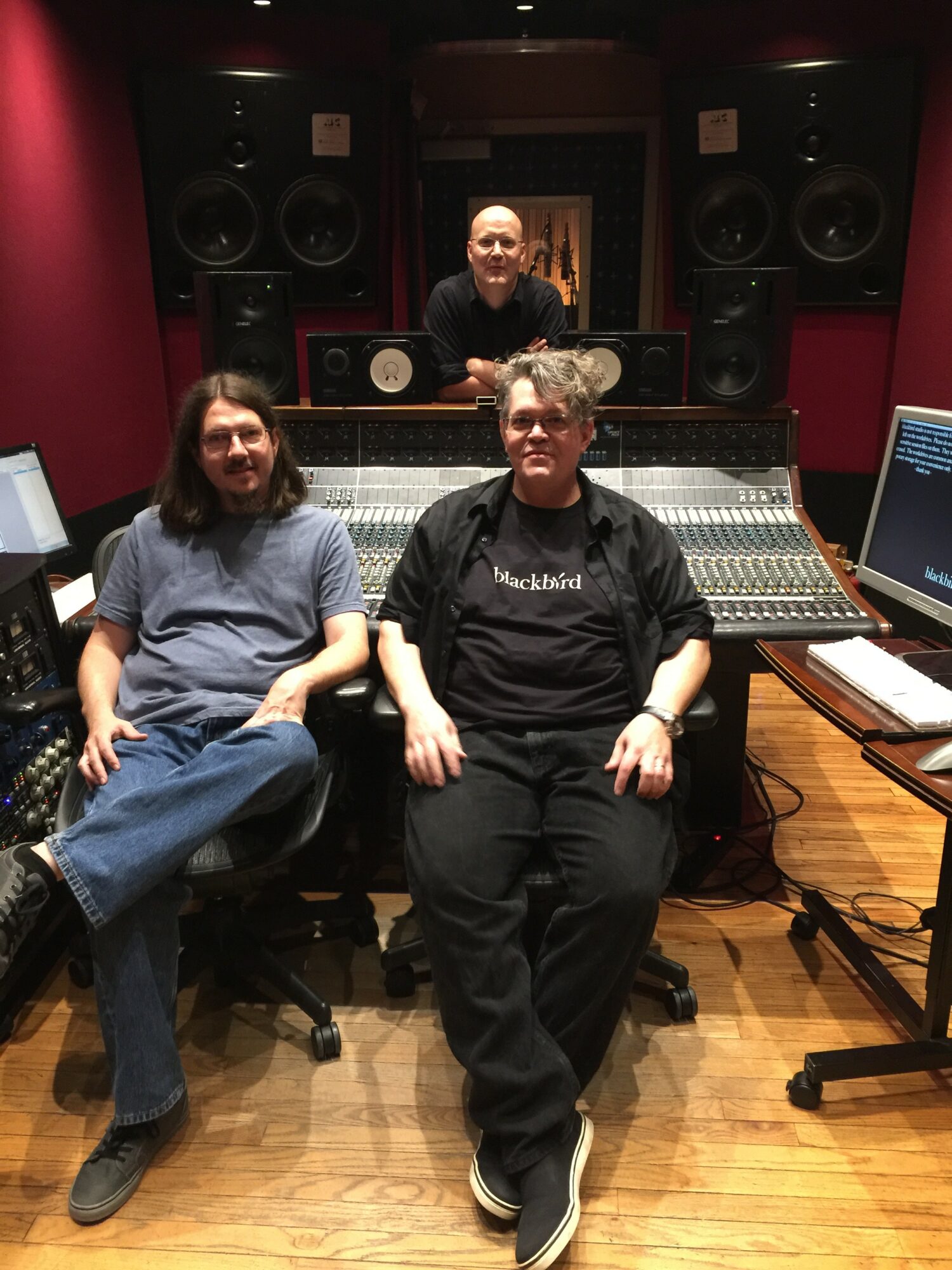
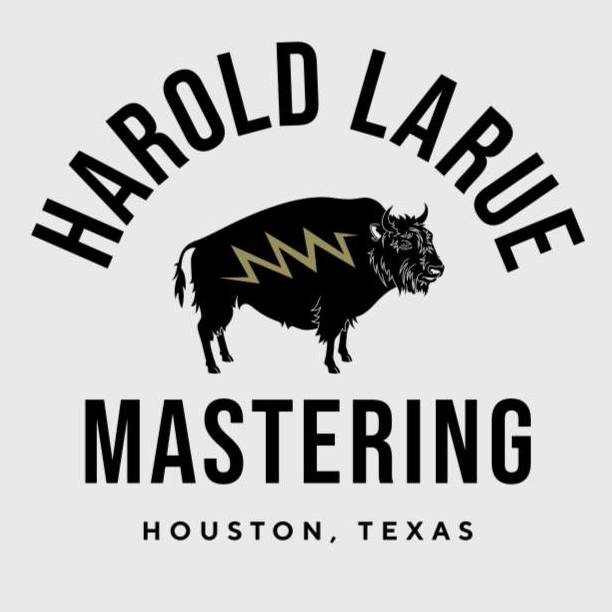
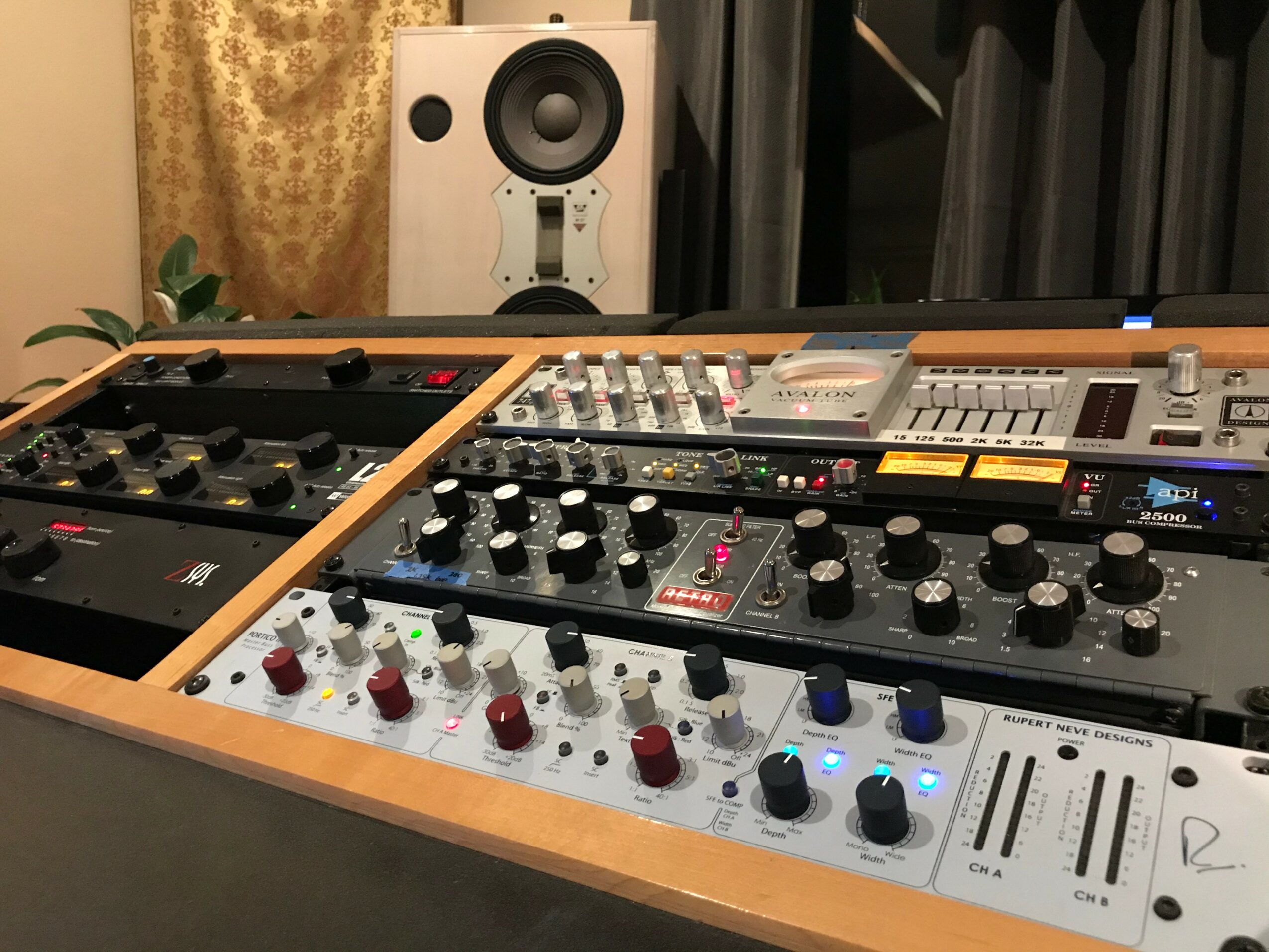
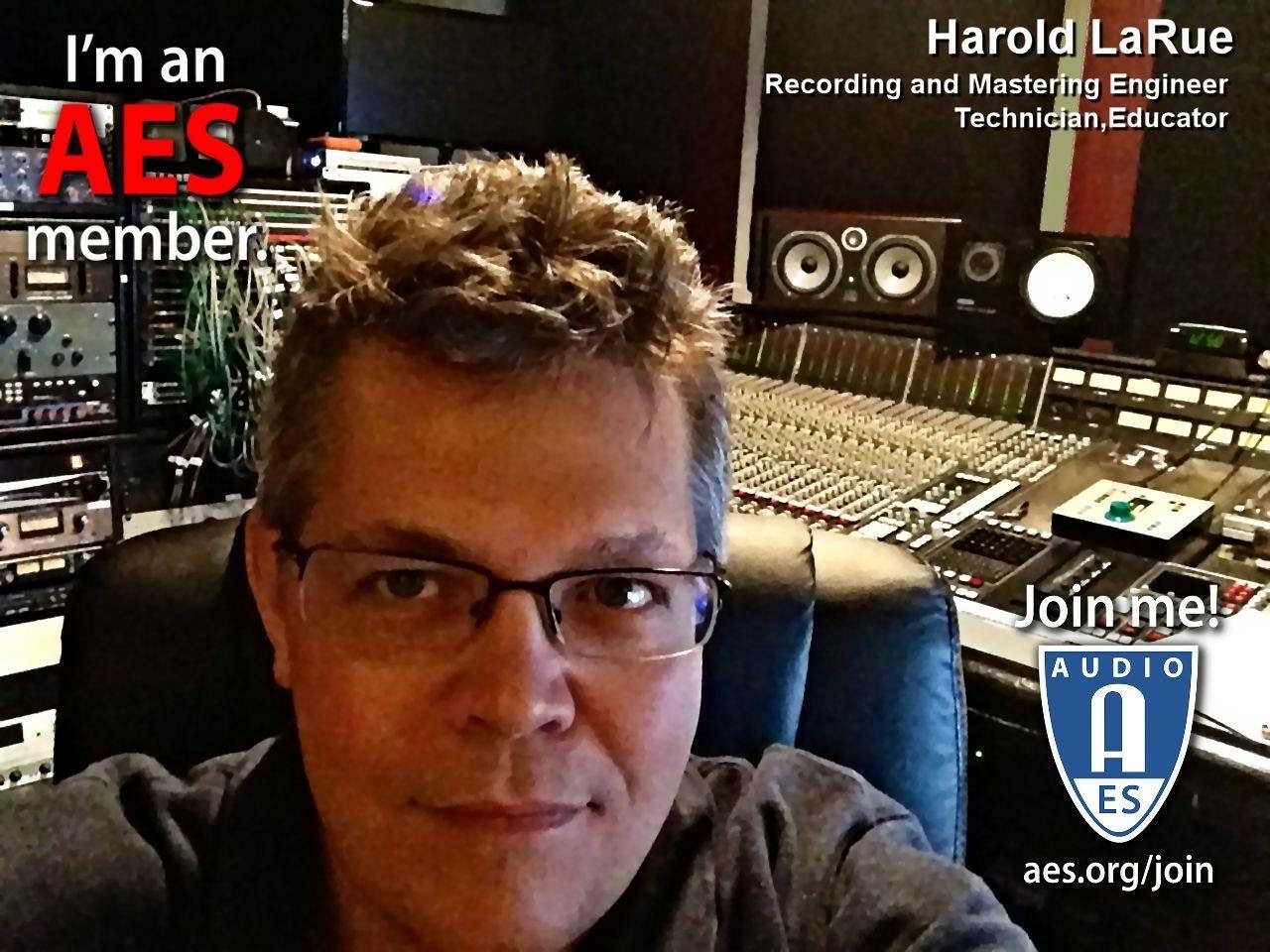
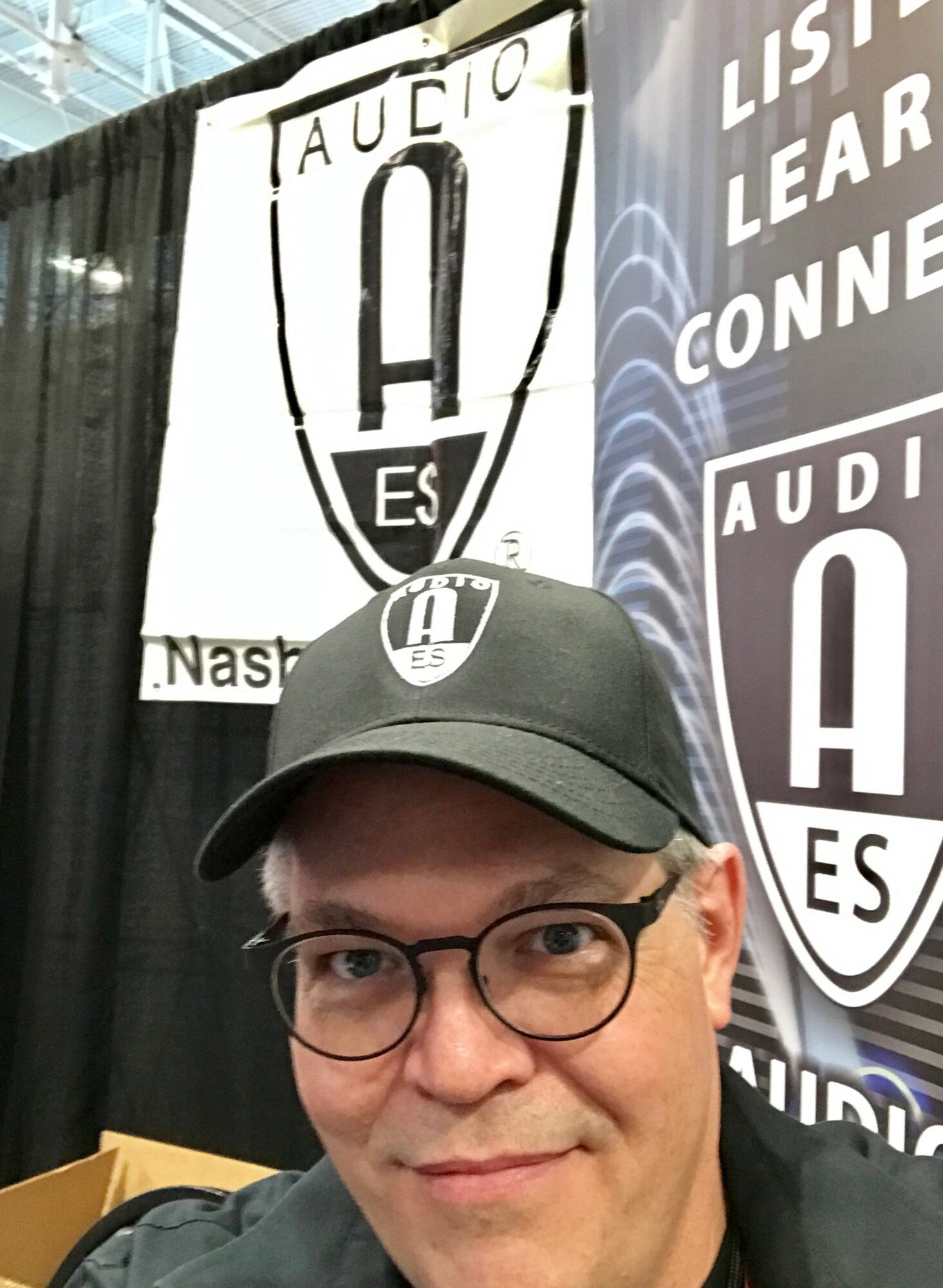
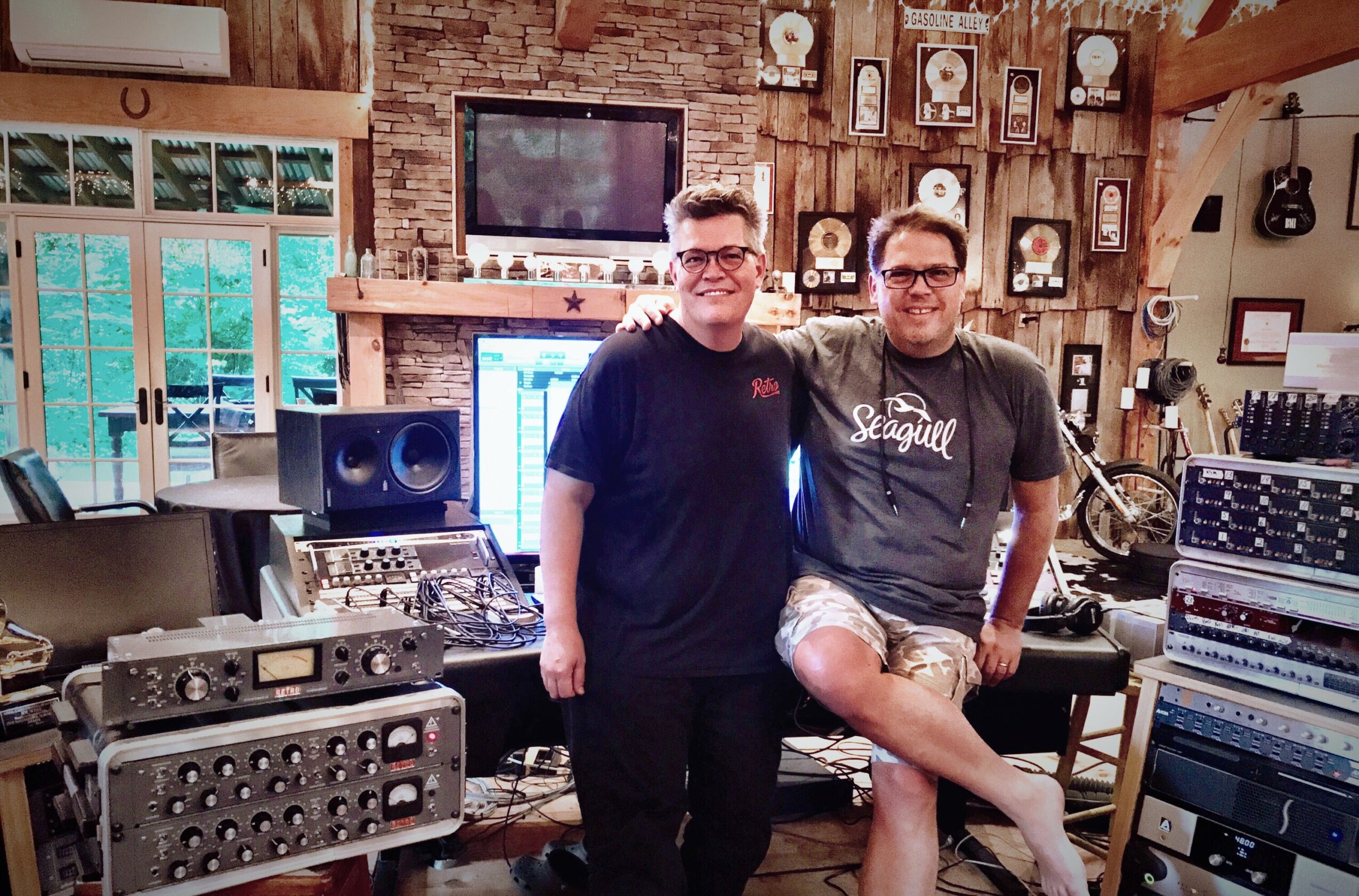
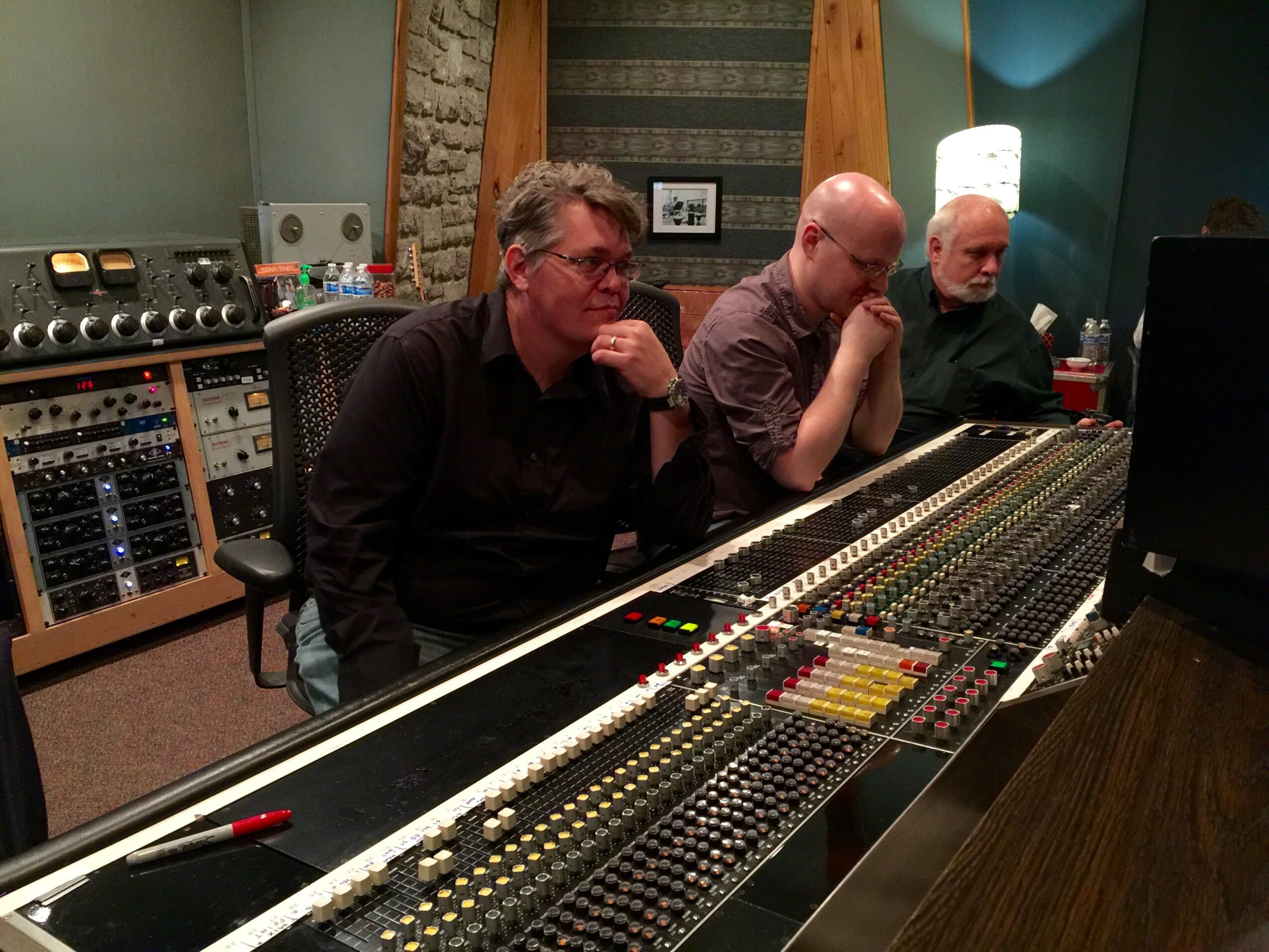
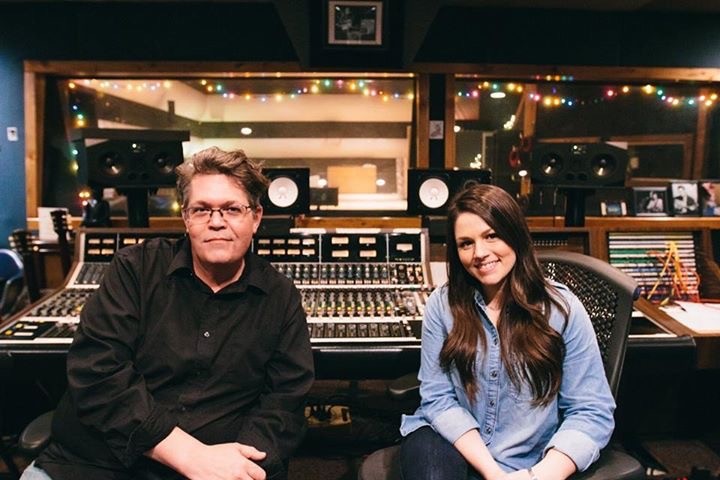
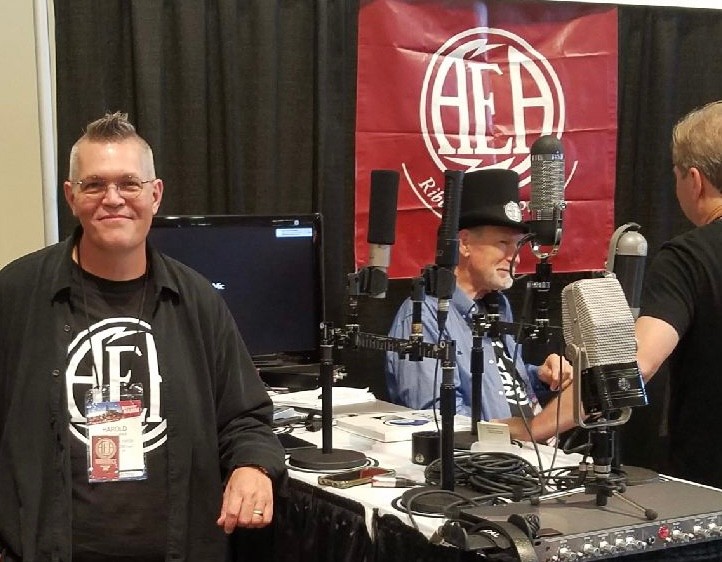
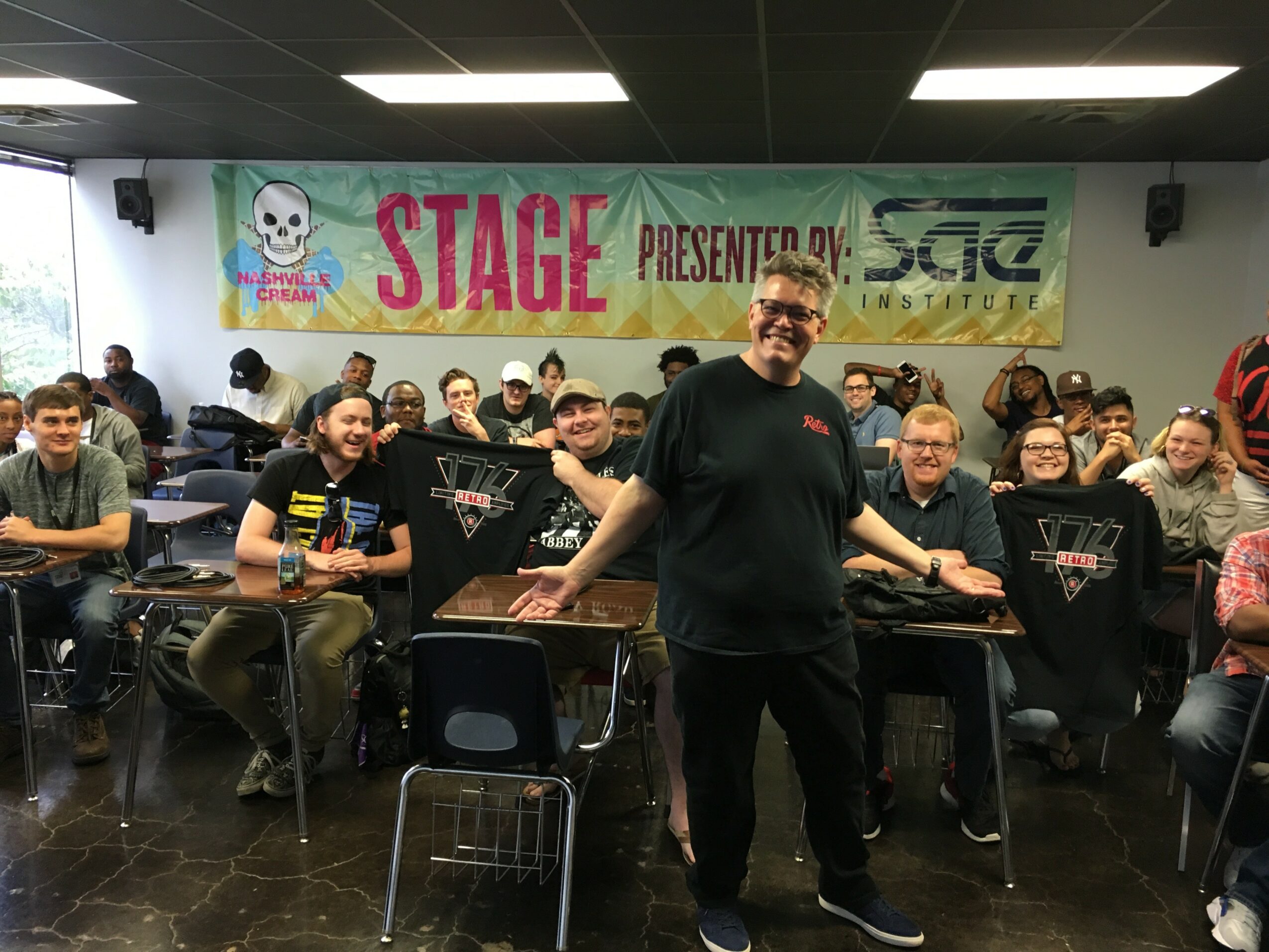
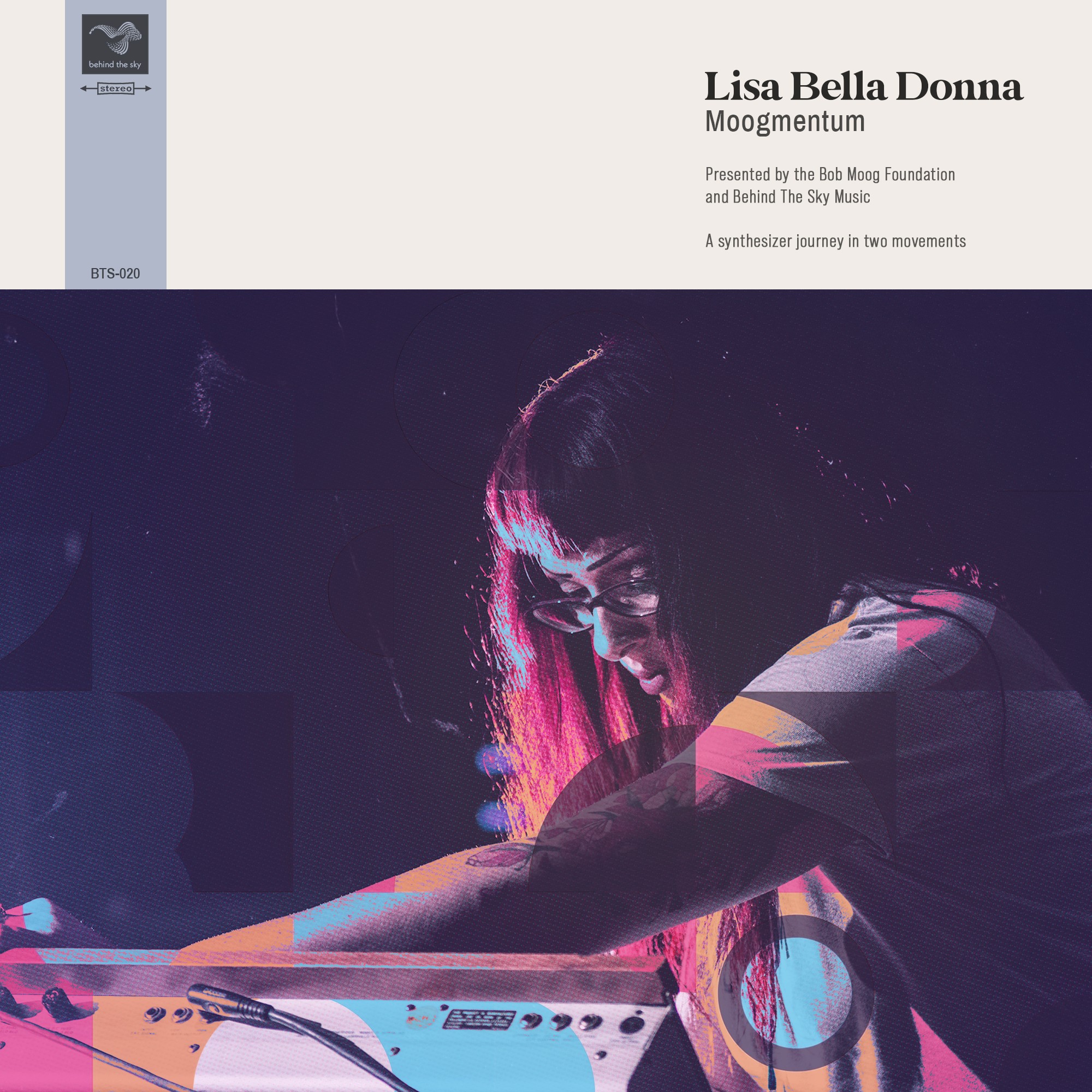
Image Credits
Moog Music, Inc.










